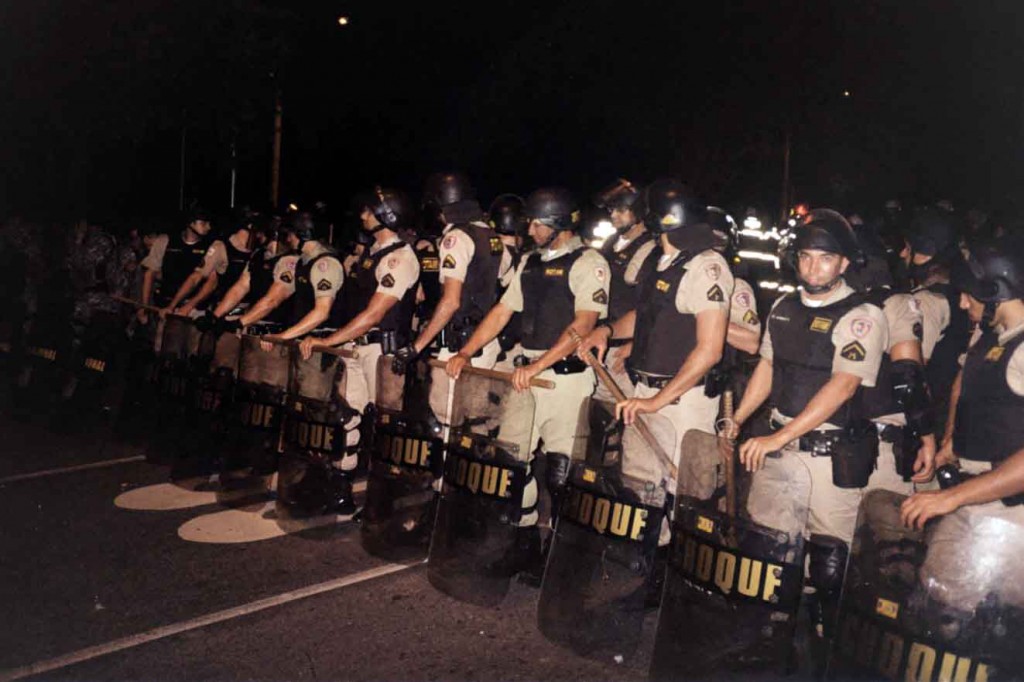Back in March, in the alternate universe of pre-protest Brazil, I posted this – “What is ‘middle class'” – on this blog, on the 40 million people who have entered the ‘new middle class’ recently and how very different they are from the ‘old’ middle class and international definitions of the term. Partially as a result, the BBC asked me to take part in a round table debate on Brazil’s middle classes, its discontents, and the role they’ve played in the demonstrations that have swept the country since June.
Since I am on vacation, I thought posting this link would be an easy way to supply content for those people who who bizarrely care what I think about these things. Oh, and the debate also features former Finance Minister Mailson da Nobrega, Alexandre Schwartsman, and Lucia Nader, executive director of the Conectas human rights organization.
Here it is: In the Balance: Brazil’s Middle Class
Below are some small points I want to make about the protests more generally, somewhat as a correction to some of the other international coverage.
First, there is no such thing as “the protesters.” Since the demonstrations blew up in mid-June they have undergone a large number of permutations. People have dropped out, come back in, become disgusted with new elements; the focus has moved between cities, then returned, and marches have varied vastly in size and tactics and have stood for a very large number of different political causes, some contradicting the other ones. One day I will try to sketch this all out.
Nevertheless, up to 89% of the Brazilian population supports the protests in general, which means that if I was a Brazilian kid and wanted to push a cause or make my voice known, I’d feel I had all the weight of history behind me to do so. And despite the odd turns this kind of a chaotic process can take – see this LA Times feature I did on a bizarre “Anonymous’ Youtube video that got some strange demands onto the legislative agenda – the whole explosion seems to really be affecting, largely positively, the way the Brazilian political class (and even the media) are acting recently.
To sum up what ‘the protesters’ have demanded is very difficult, but one should likely stop after ‘poor public services,’ ‘corruption,’ (a very, very, broad term) and ‘police abuses.’ Throwing in ‘high taxes’ or ‘inflation’ or ‘the cost of living’ involves a bit of creative arithmetic.
Secondly – we’ve often fallen victim to a logical fallacy or two covering these protests. Just because they happened doesn’t mean they were waiting to happen, or that they had to happen based on political/economic circumstances. And just noting that Brazilians have a lot to complain about does not explain why the protests did happen. Everyone has something to complain about. The reality in Brazil is much more interesting and the role of the police especially has to be investigated.
Third – tomorrow we will see the first large protest organized by the Movimento Passe Livre (Free Fare Movement) since June. It’s directed against private ownership of public transportation and profiteering on the backs of commuters, but also calls attention to a big scandal involving a supposed cartel operating São Paulo’s train system in tandem with the governments of the right-leaning PSDB party. It will be very interesting to see how big it gets.


